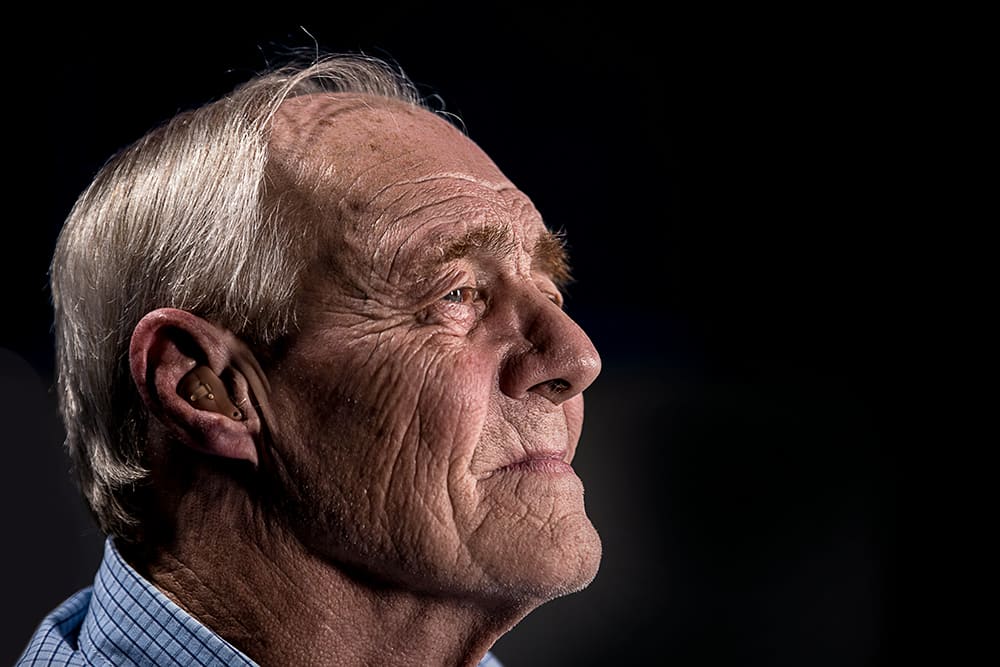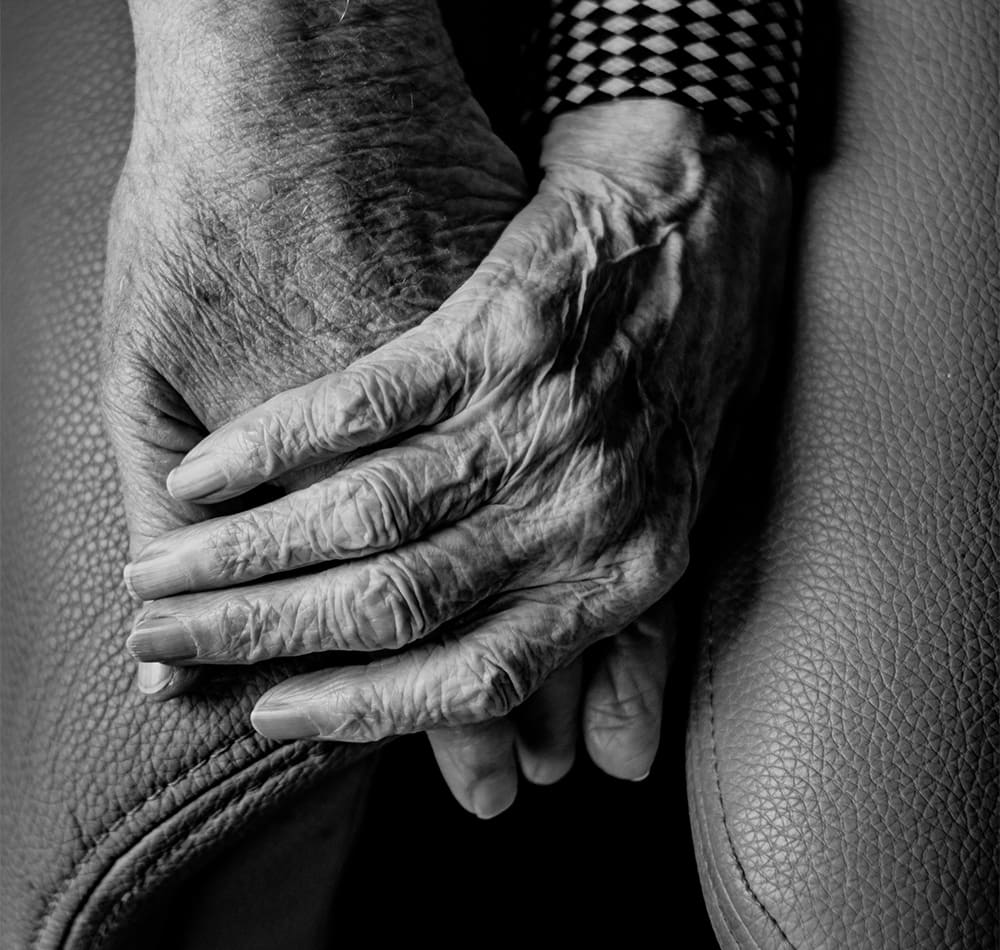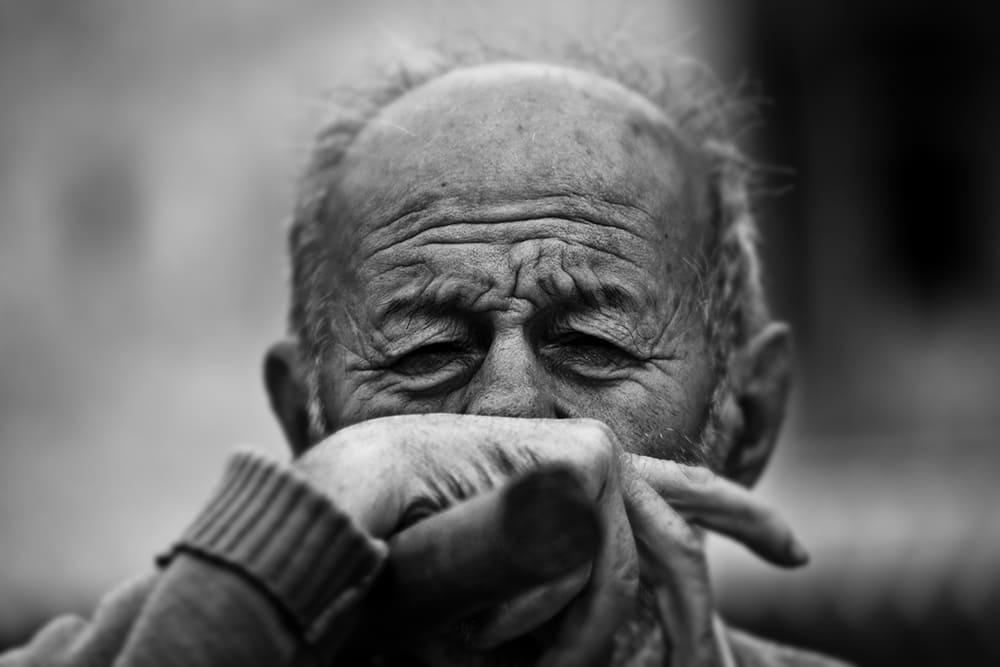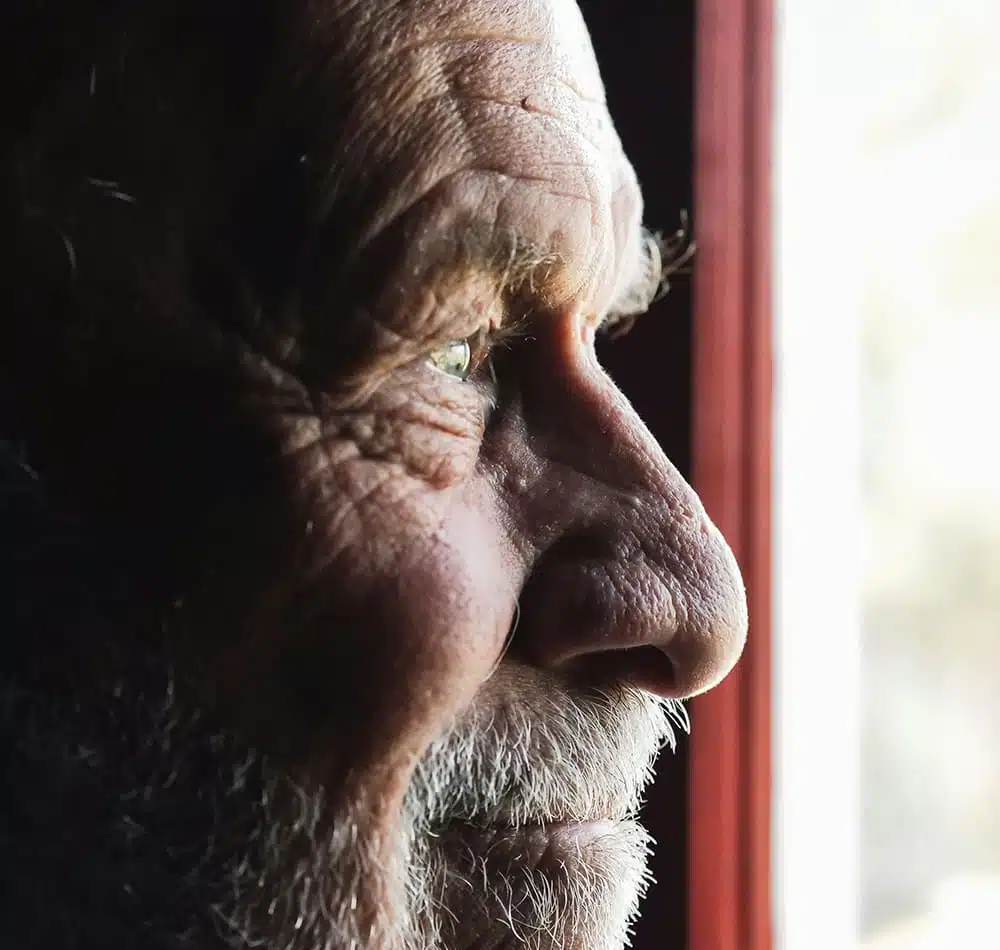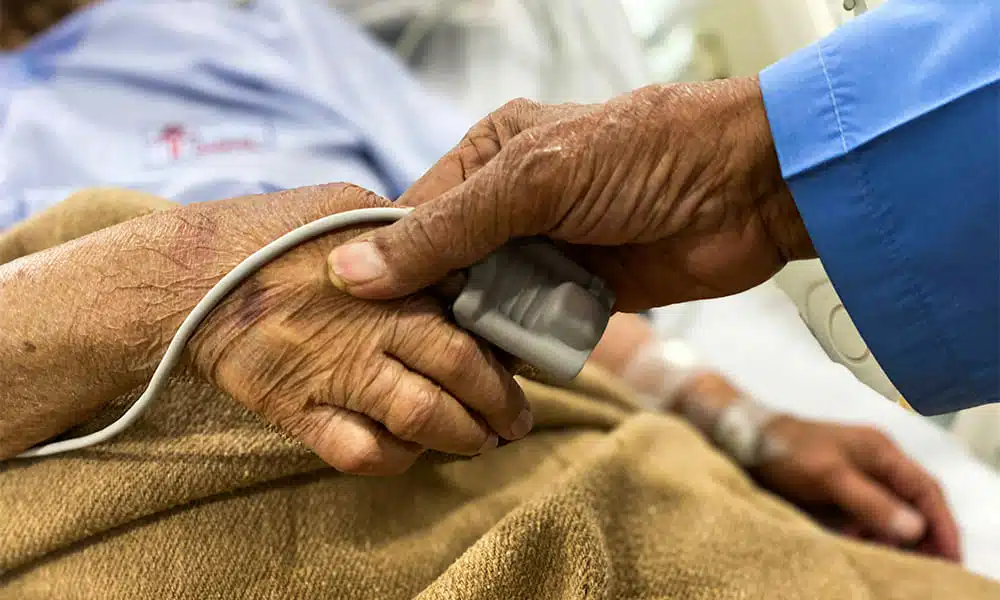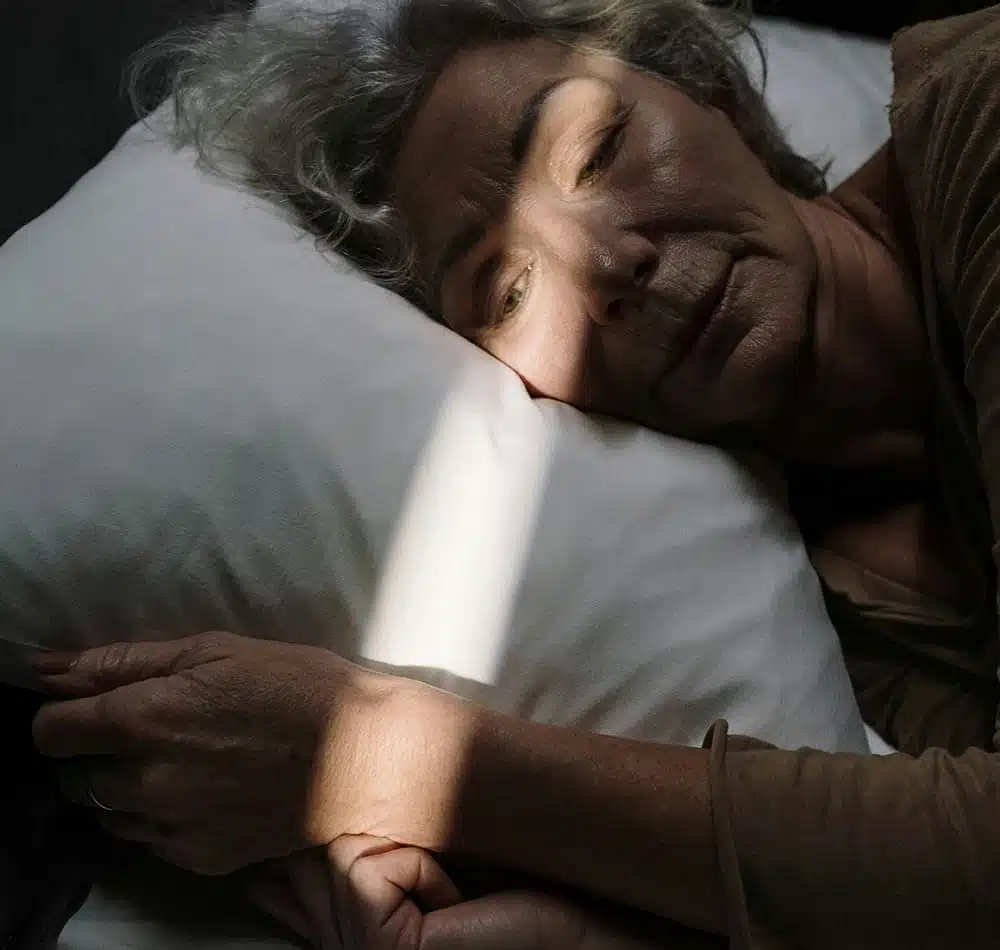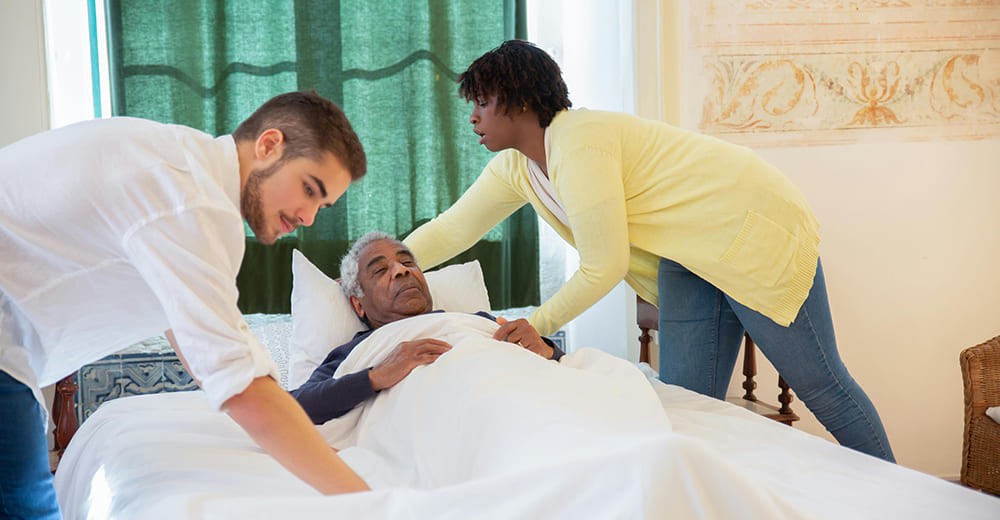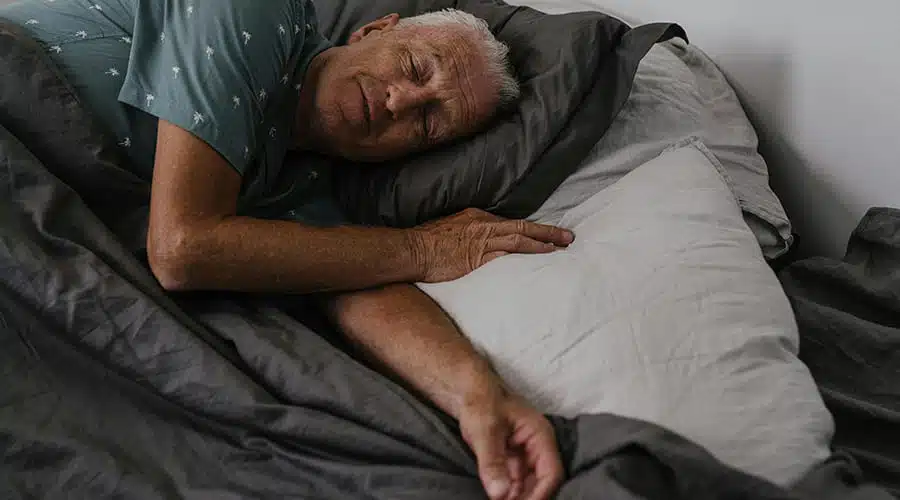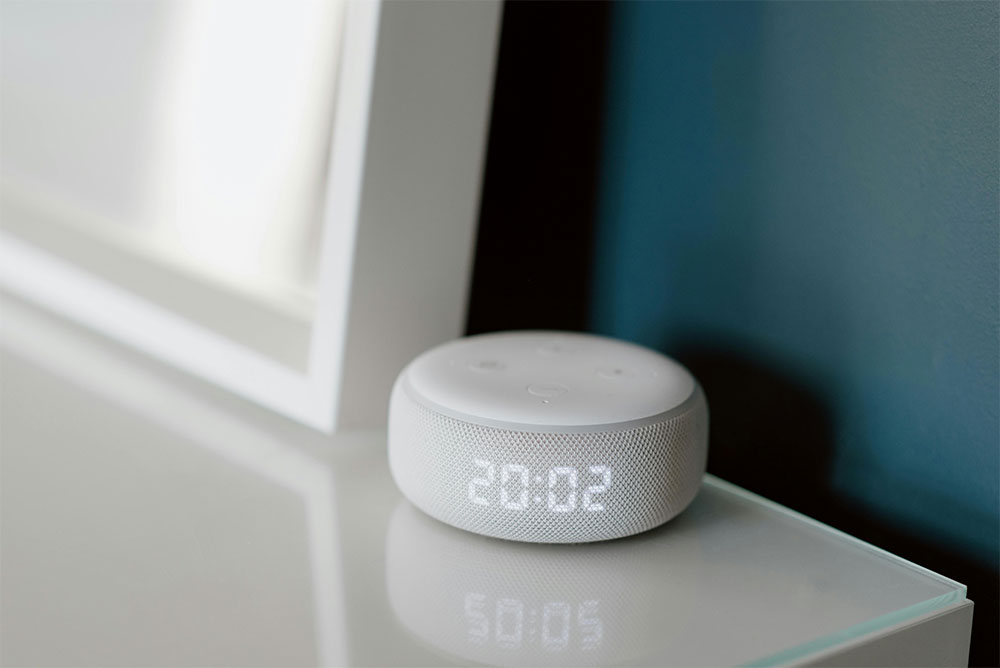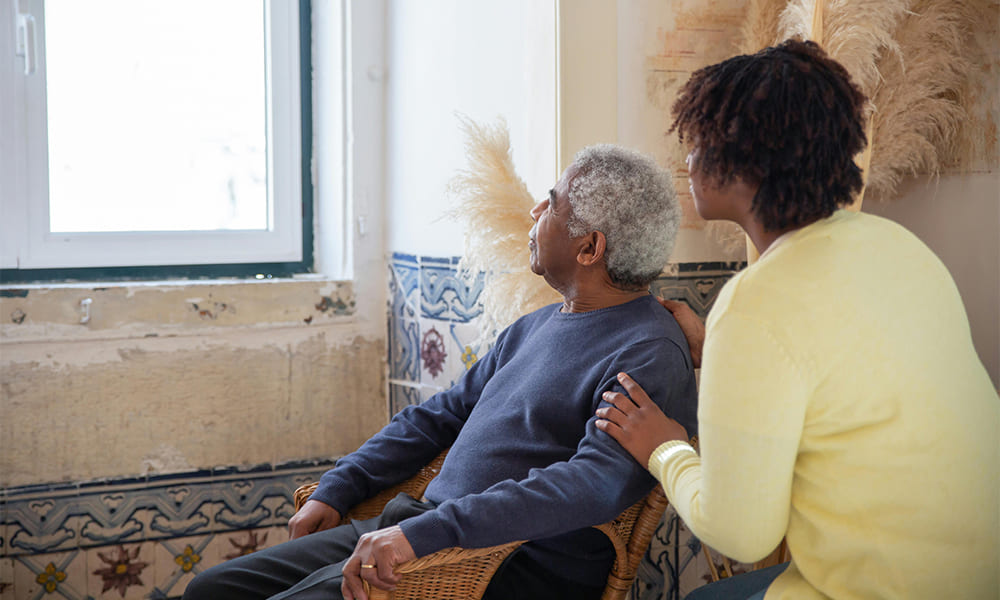In this article, we will explore the stage of dementia that is related to not sleeping. This includes sleep disorders, interventions, and care requirements for patients with Alzheimer’s and dementia.

Christopher Ravn
Key Takeaways
1. Sleep disturbances are common in all stages of dementia, but worsen as the disease progresses, with distinct patterns in different types of dementia.
2. Biological and environmental factors contribute to sleep problems in dementia, leading to adverse consequences for cognitive and physical health.
3. Non-pharmacological approaches like improved sleep hygiene and CBT, alongside cautious medication use, can effectively manage sleep disorders in dementia patients.
Table of Contents
1. What Stage Of Dementia Is Not Sleeping A Common Occurrence?
2. Why Do Dementia Patients Not Sleep?
3. Why Do Alzheimer’s Patients Not Sleep At Night?
4. Comparing Sleep Disorders Across Dementia Types
5. Dementia-Related Sleep Problems And Impact On Health
6. Sleep Disorders Care Requirements In Late-Stage Dementia
7. What Can Help Someone With Dementia Sleep Better?
8. Frequently Asked Questions About What Stage Of Dementia Is Not Sleeping
What Stage Of Dementia Is Not Sleeping A Common Occurrence?
- Early stages of dementia experience sleep disruptions such as insomnia, daytime sleepiness, and falling asleep. This is due to changes in the brain’s sleep-wake cycle.
- Middle stages of dementia, where sleep disturbances are more profound and patients experience daytime sleepiness, fragmented sleep, and nighttime awakenings.
- Later stages of dementia where sleep disturbances are more fragmented, suffer from increased fatigue and daytime sleepiness, frequent nighttime awakenings, decreased slow-wave sleep and rapid eye movement (REM) sleep.
This is because of brain degeneration, which affects the brain’s ability to regulate sleep-wake cycles. To add on, there are other factors such as pain, discomfort, and other sleep issues that exacerbate the problem in dementia patients.
Lack of sleep has significant consequences for cognitive and physical health in dementia patients. They impact cognitive decline, which leads to confusion, an increased risk of falls and infections, mood disturbances, and more strain and burden on the caregiver.
Why Do Dementia Patients Not Sleep?
Dementia patients often experience sleep issues due to biological and environmental factors. Biological factors include the accumulation of beta-amyloid plaques and tau tangles in the brain, which disrupt sleep-wake cycles; an overactive HPA axis, increasing cortisol levels and disrupting sleep; neurotransmitter imbalances; and changes in the brain’s internal clock that affect patients’ sleep.
Environmental factors, such as caregiver burden (where caregivers experience stress and depression), can hinder them from providing the right type of support. Environmental noise and medications (such as anticholinergics), pain and discomfort, and poor sleep hygiene can also affect sleep.
Sleep issues in dementia have consequences, including the acceleration of cognitive decline, changes in behavior, increased burnout among caregivers, and increased mortality rates in dementia patients.
Why Do Alzheimer’s Patients Not Sleep At Night?
Alzheimer’s patients experience increased nighttime wakefulness and disrupted sleep cycles because the neuron that promotes wakefulness in the brain is degenerating. The buildup of tau protein is what causes this, which awakens the sleep-wake cycle.
There are a few interventions that can manage nighttime restlessness. This is done by creating a conducive sleep environment, encouraging physical exercise during the day, limiting daytime naps to 30 minutes, using relaxation techniques, and considering non-pharmacological interventions such as cognitive behavioral therapy or brain exercises to prevent Alzheimer’s for insomnia (CBT-I). Medications such as melatonin should be used under healthcare guidance as they can have side effects.
We Believe Prioritizing Brain Health Enhances Your Quality Of Life
Get to know our team, our mission and how our EVY LIGHT® can provide you and your loved ones with a fuller life, letting you breathe a little easier.
Comparing Sleep Disorders Across Dementia Types
Common sleep disorders across dementia types are insomnia, sleep-disordered breathing (SDB), excessive daytime sleepiness (EDS), rapid eye movement (REM), sleep behavioral disorder (RBD) that acts out dreams, and restless leg syndrome (RLS) that affects sleep disorders in those with MCI or dementia.
Alzheimer's Vs. Lewy Body Dementia Sleep Issues
Sleep disturbances are common in Alzheimer’s and Lewy body dementia (LBD). However, the nature and severity of sleep differ in both conditions.
Sleep disturbances in Alzheimer’s Disease (AD) are characterized by frequent awakenings, difficulty falling asleep, daytime sleepiness, and irregular sleep patterns. These sleep disturbances are often linked with cognitive decline, behavioral changes such as anxiety, and an increased risk of falling asleep.
Acting out dreams or talking about them during the night, irregular sleep patterns, frequent nighttime awakenings, and an increased risk of falling are all signs of sleep disturbances in lewy body dementia (LBD).
LBD is more likely to cause fluctuations in attention, alertness, and memory issues, which can affect sleep quality. AD causes greater cognitive decline, leading to increased sleep disturbances and daytime sleepiness.
Sleep Disorders In Vascular Dementia
Reduced blood flow to the brain is what causes vascular dementia, which frequently manifests as a series of strokes or mini-strokes.
Specific sleep issues in vascular dementia are maintaining sleep due to anxiety, frequent awakenings during the night, sleep apnea, uncomfortable sensations in the legs, and excessive daytime sleepiness.
In order to manage these issues, one needs to use standardized sleep cycles, understand sleep hygiene education to maintain consistent sleep, use medication to treat anxiety, utilize positive airway pressure (PAP) therapy for sleep apnea, and use melatonin to regulate sleep-wake cycles.
Dementia-Related Sleep Problems And Impact On Health
Sleep issues in dementia are normal and the most common type seen in dementia is insomnia which leads to daytime fatigue; sleep apnea which provides shortness of breath; restless leg syndrome, which causes uncontrollable leg movement; periodic limb movement disorder (PLMD), which has uncontrollable arms and leg movements; and delirium, the which causes acute confusion and disorientation.
The prevalence and impact of these conditions on the health of dementia patients is that it increase the risk of depression, anxiety, and cognitive decline for insomnia. Those with sleep apnea suffer from increased cardiovascular diseases and cognitive decline. Periodic limb movement causes patients to suffer from daytime fatigue and delirium, which increases the chances of hospitalization and mortality.
Non-Pharmacological Approaches To Improve Sleep In Dementia Patients
Non-pharmacological approaches to improving sleep in dementia patients are safer and more effective for addressing sleep issues. Let us look at the non-pharmacological methods:
Improved sleep hygiene helps establish consistent sleep cycles by regulating the internal body clock, reducing stress, and increasing behavioral daytime alertness.
Cognitive behavioral therapy (CBT) focuses on negative thought patterns and behaviors that affect sleep. This helps dementia patients to identify and challenge negative thoughts, develop relaxation techniques, and improve sleep quality.
Though medications may be prescribed to counter sleep issues in dementia patients, they have side effects when combined with other medications. Hence, non-pharmacological approaches are safer and more effective and can be tailored to individuals needs.
Pharmacological Treatments For Sleep Disorders In Dementia
Pharmaceutical therapies for dementia sleep disruptions are necessary, but the hazards must be considered.
- Benzodiazepines like temazepam and lorazepam increase sleep-promoting GABA activity by binding to GABA receptors.
- Ramelteon and melatonin, melatonin receptor agonists, promote melatonin synthesis, which governs sleep-wake cycles.
- Anticholinergic effects: Donepezil and galantamine inhibit acetylcholine, a neurotransmitter that disrupts sleep.
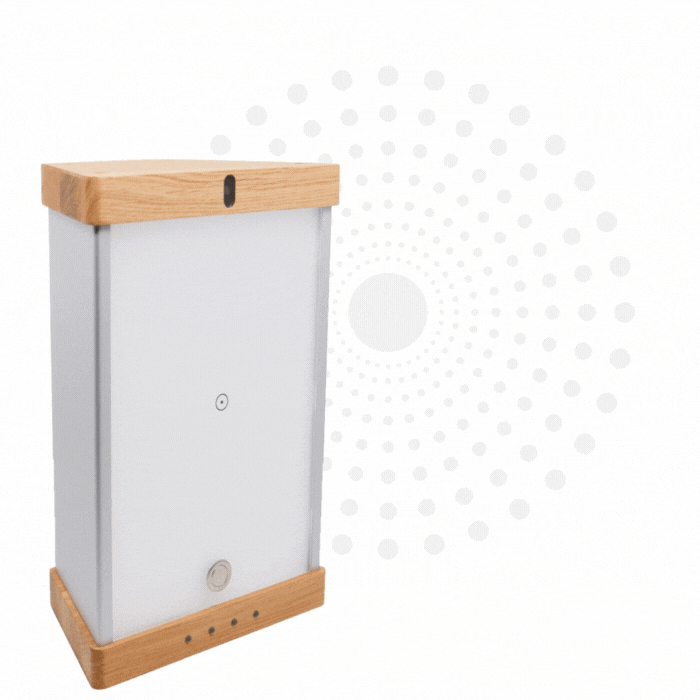
Enhance your brain performance through the power of light.
Comfortable and easy to use 40Hz light therapy to support and improve your brain function.
View Our LightSleep Disorders Care Requirements In Late-Stage Dementia
When dementia reaches more advanced stages, people may need care around the clock to maintain their well-being, safety, and comfort. Significant behavioral, physical, and cognitive changes are common in people with late-stage dementia. These changes can have an effect on sleep patterns and general quality of life.
Individuals with advanced dementia may need ongoing supervision and help with everyday tasks, including personal hygiene, moving around, and communicating. This degree of attention is necessary to avoid mishaps, wounds, and other issues that may result from wandering, falling, and other safety hazards.
- Nursing Homes: Skilled nursing services, pharmaceutical administration, and rehabilitation therapies are just a few of the higher-level services that nursing homes provide. These facilities are ideal for people who need more assistance and medical care.
- Home Care: In the comfort of the patient’s own home, home care services offer support and assistance with everyday life tasks, including dressing, bathing, and managing medications. You need to understand how long a person with dementia can live at home.
- Respite Care: Services for respite care give carers a short-term vacation from their caring duties. For family members or carers who are burned out or need a break, this can be quite beneficial. You will also need to know when to call hospice for dementia.
When Is It Time For A Dementia Patient Sleep Disorders To Enter Long-Term Care?
Transitioning a sleep disorder patient to long-term care is an important and challenging process. It is then important to consider both the patient’s needs and the caregiver’s capabilities for a smooth transition. To add on, it is important to find out if the care facilities have skilled nurses who provide 24-hour medical care and support, assisted living facilities, and daytime care for individuals with dementia so that caregivers can take a break. When choosing a care facility, ensure to review the facility’s experience caring for dementia patients, the staff-to-patient ratio, the care development plan, family involvement, and cost and schedule to ensure they align with your financial budget.
Identifying Rapid Decline In Dementia Patients With Sleep Disorders
- Sudden changes in mood and behavior
- Increased agitation
- Decreased ability to perform daily activities
- Changes in sleep-wake cycles

What Can Help Someone With Dementia Sleep Better?
- Setting a predictable wake and sleep time to help regulate the body clock
- Exposure to natural light to improve sleep quality
- Encourage physical activity and social interaction throughout the day. One can also try sensory activities for dementia patients.
- Ensure that the bedroom is dark, quiet, and at a comfortable temperature.
- Avoid stimulating activities before bedtime, like screen time or playing games.
Non-pharmacological interventions are also effective in improving sleep quality, such as bright light therapy to regulate the body’s circadian rhythm, multi-comprehensive cognitive behavioral interventions like sleep training, and proper sleep hygiene like maintaining a sleep schedule, such as not drinking coffee or playing with the tablet before bed.
While medications can help improve sleep quality, they should be taken after consulting a healthcare professional. Melatonin and other sedatives may have negative side effects if taken in the long run and should be taken to manage the situation when necessary.
Learn What Others Have Experienced with EVY Light
See how others have achieved a sharper mind by activating their gamma brainwaves in combination with maintaining a healthy lifestyle.
Frequently Asked Questions About What Stage Of Dementia Is Not Sleeping
What Stage Of Dementia Do Patients Have Sleep Disorders?
Common sleep disorders across dementia types are insomnia, sleep-disordered breathing (SDB), excessive daytime sleepiness (EDS), rapid eye movement (REM), sleep behavioral disorder (RBD) that acts out dreams, and restless leg syndrome (RLS) that affects sleep disorders in those with MCI or dementia.
What Causes Dementia Patients Not To Sleep?
Biological and environmental factors contribute to sleep problems in dementia, leading to adverse consequences for cognitive and physical health.










